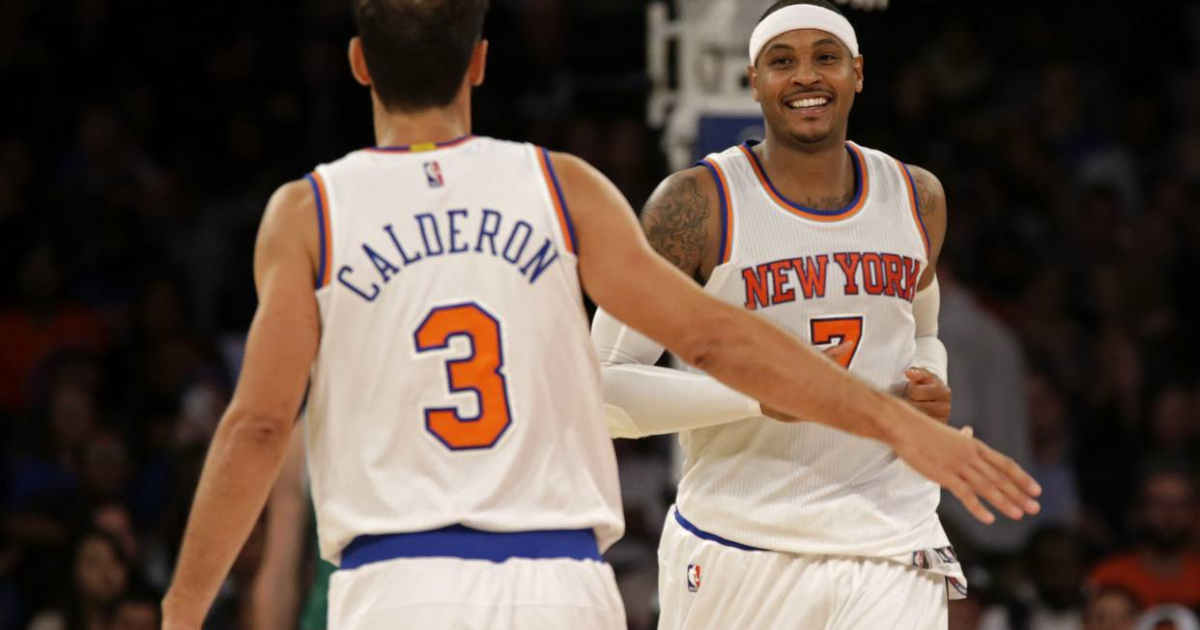Basketball, a sport rich in strategy and jargon, can sometimes be puzzling for newcomers. One term you might encounter is “GTD,” which stands for “Game-Time Decision.” Understanding this term can be crucial for fans, players, and coaches alike. Let’s delve into what GTD means, how it affects the game, and why it’s essential.
What Is A Game-Time Decision?
A Game-Time Decision (GTD) refers to a situation where a player’s availability for a game is uncertain until just before the game starts. This decision is typically made based on the player’s health and readiness to compete. The term is often used in the context of injuries or other factors that might affect a player’s performance.
Why Do Teams Use GTD?
Teams use the GTD designation for several reasons:
- Injury Concerns: If a player is dealing with an injury or illness, coaches and medical staff might not have a clear understanding of how the player will perform until they warm up before the game. In such cases, the decision on whether the player will participate is made closer to the game time.
- Strategic Reasons: Sometimes, teams use GTD to keep their opponents guessing. By not disclosing whether a key player will be available, they can influence the opposing team’s game plan and strategy.
Unpredictable Factors: Other factors, such as personal issues or sudden changes in a player’s condition, can also lead to a GTD status. Teams need flexibility to adjust their lineup based on these unpredictable elements.
How Does GTD Impact Players?
For players, being labelled as a Game-Time Decision can be both challenging and motivating:
- Preparation and Mindset: Players who are GTD must remain mentally and physically prepared. They need to be ready to step onto the court if they are cleared to play, which requires a high level of focus and resilience.
- Performance Pressure: Knowing that their status is uncertain can put additional pressure on players. They might feel the need to perform well to prove their readiness, which can be both motivating and stressful.
- Recovery and Rest: For players dealing with injuries, the GTD status allows them to continue their recovery without the added pressure of a fixed game-time decision. They can focus on getting better without the immediate pressure of playing.
How Does GTD Affect Coaches And Teams?
Coaches and teams also face unique challenges with GTD designations:
- Strategic Adjustments: Coaches need to be prepared to make last-minute adjustments to their game plan. They must have a backup strategy in place if a key player is unable to play.
- Team Dynamics: The uncertainty of a GTD player can affect team dynamics. Other players might need to step up and fill in for the absent player, which can impact team chemistry and performance.
- Fan and Media Expectations: Coaches must manage expectations from fans and the media. The uncertainty of a GTD player often leads to increased speculation and attention, requiring coaches to handle the situation with tact and professionalism.
Examples Of GTD In Action
- NBA Games: In the NBA, GTD is frequently used when star players are dealing with injuries. For instance, if a player is recovering from a minor injury, the team might list them as GTD. Fans and analysts closely monitor updates to see if the player will suit up for the game.
- College Basketball: Similarly, in college basketball, coaches often use GTD for players who are recovering from injuries or dealing with other issues. This approach allows them to make final decisions based on the player’s performance during warm-ups.
- Playoff Scenarios: During critical games or playoffs, GTD becomes even more significant. Teams might withhold information about injured or recovering players to gain a strategic advantage over their opponents.
How To Follow GTD Updates
For fans, staying informed about GTD updates is essential for understanding the game’s dynamics. Here’s how you can keep track of these updates:
- Team Announcements: Follow official team websites and social media accounts for the latest updates on player statuses. Teams often provide real-time information about GTD players as game time approaches.
- Sports News Outlets: Major sports news websites and TV channels provide regular updates on player statuses, including those labeled as GTD. Keep an eye on these sources for the latest information.
- Fantasy Sports Apps: If you participate in fantasy basketball leagues, many apps and websites offer updates on player statuses, including GTD designations. These platforms can help you make informed decisions about your fantasy lineup.
Conclusion
The term GTD, or Game-Time Decision, plays a crucial role in basketball, affecting players, coaches, and fans alike. Understanding this term helps you appreciate the complexities of managing player availability and the strategic decisions that go into preparing for a game. Whether you’re a fan following the latest updates or a coach strategizing for an upcoming game, knowing what GTD means can enhance your understanding of the game and its intricacies.


